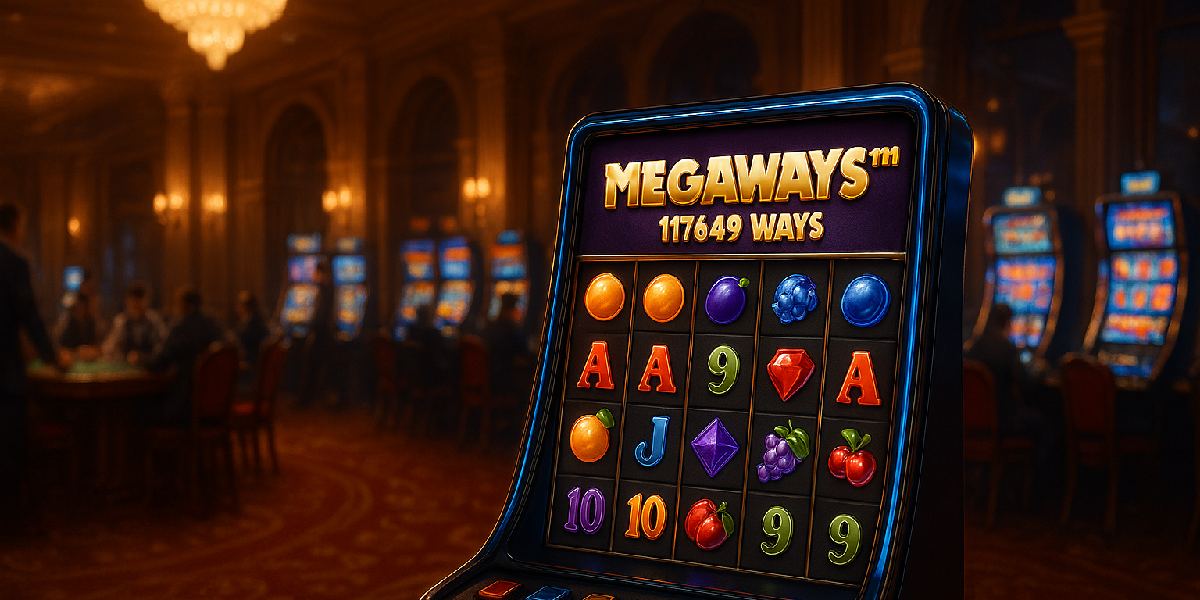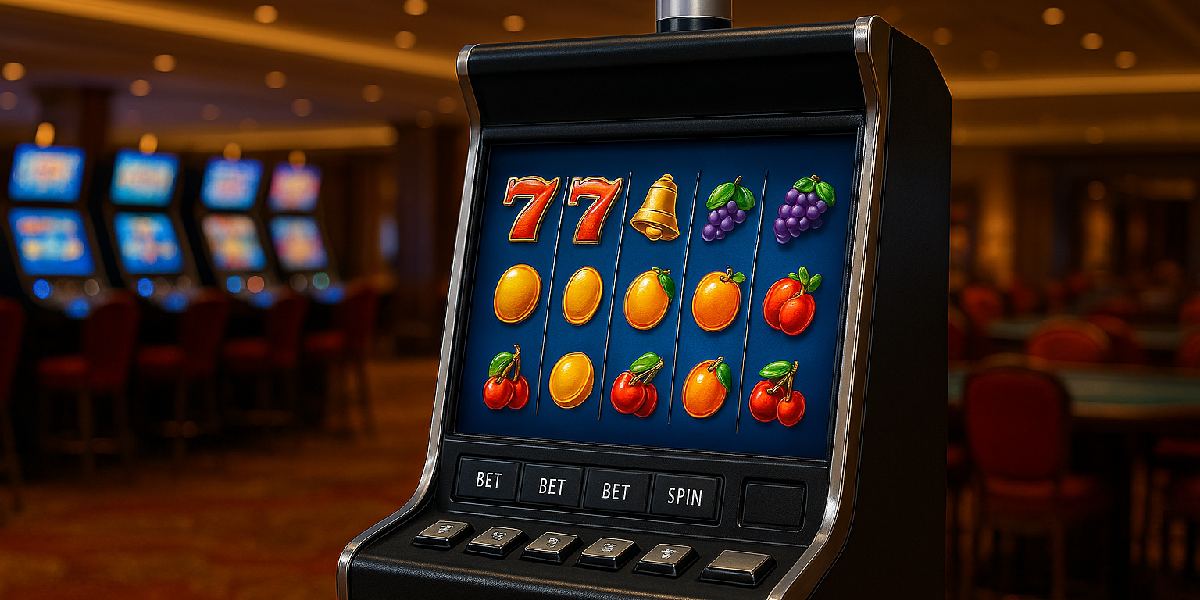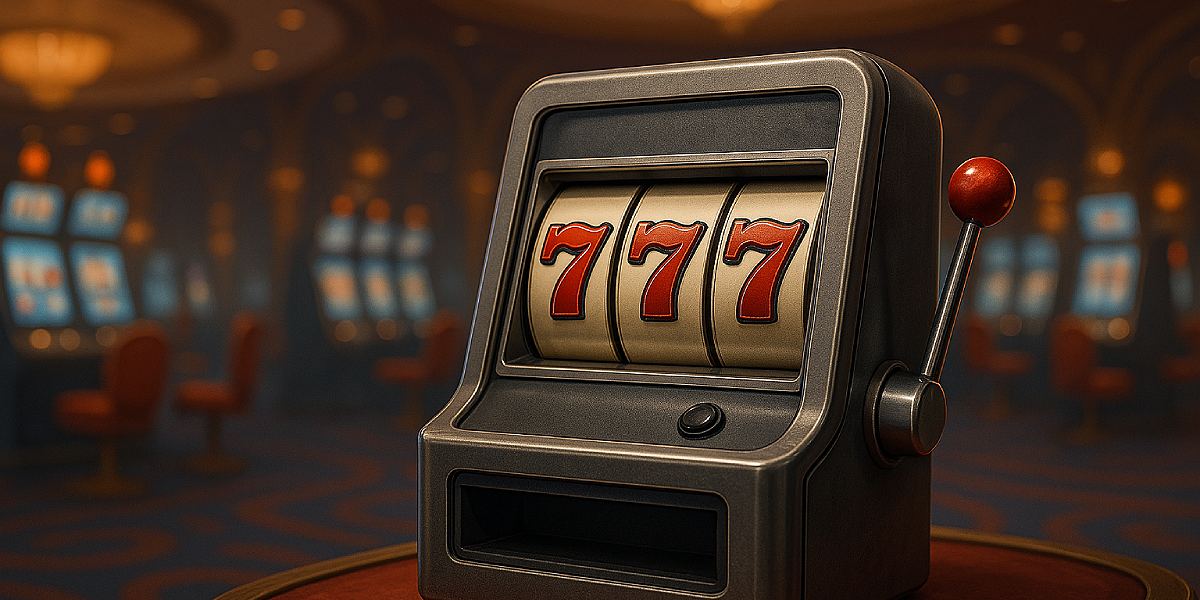For anyone who enjoys online gaming, managing a budget is essential to ensure that it remains a fun, stress-free activity. Without clear financial boundaries, it’s easy to lose track of expenses, which can lead to overspending and financial strain. This guide provides practical advice on setting and sticking to a gaming budget so that players can minimise losses and enjoy a more controlled gaming experience.
The importance of budget management
Responsible budget management is a crucial step in any gaming routine. By understanding the importance of a budget, players can better navigate the gaming world, balancing their hobby with their financial wellbeing.
Risks of not setting a budget
When gaming without a budget, it’s easy to spend more than intended. This lack of control can lead to financial strain, stress, and the risk of developing problematic gaming habits. It’s crucial to recognise that gaming expenses can add up quickly, especially with the appeal of potentially winning money back.
Benefits of budget control
A well-planned budget not only reduces financial risks but also promotes a healthier, more enjoyable gaming experience. With clear limits in place, players can focus on enjoying games without the stress of overspending. Budget control offers several advantages:
- It provides a clearer understanding of spending habits.
- It reduces the pressure to win back losses.
- It helps players build healthy gaming habits, making it easier to play responsibly.
By prioritising budget control, players can ensure that gaming remains an enjoyable and sustainable activity rather than a source of financial concern.

Setting a realistic gaming budget
To effectively manage your gaming expenses, it’s essential to set a realistic budget. This involves looking at your finances objectively and determining a limit that fits comfortably within your lifestyle.
Determine your disposable income
Before setting a budget, start by calculating your disposable income, or the money you have left after essential expenses. A good rule of thumb is only to spend what you can afford to lose—never more than that. By assessing your monthly income and subtracting essential expenses such as rent, bills, and groceries, you can estimate an amount that won’t impact your daily financial needs.
Setting a weekly or monthly limit
Once you understand your disposable income, it’s time to set a limit. Choose whether you prefer a weekly or monthly spending cap, depending on your gaming habits. Sticking to a weekly limit can help control spending more closely, while a monthly budget might work better for casual players.
Setting these limits also helps to:
- Avoid impulsive spending during gaming sessions.
- Keep gaming within a sustainable budget.
- Prevent using money meant for other expenses.
By planning your spending in advance, you’ll enjoy gaming more comfortably, knowing that you won’t overspend.
Separate gaming funds from essential expenses
Keeping gaming funds separate from essential expenses is an effective way to maintain control. Consider using a dedicated bank account, prepaid card, or e-wallet solely for gaming expenses. This practice helps prevent accidental overspending and gives players a clear view of how much they’re spending on gaming alone.
For added control, only transfer the amount you’ve budgeted for, and avoid topping up if funds run low. This separation creates a clear boundary between gaming expenses and other finances, making it easier to stick to your budget.
Strategies for sticking to your budget
Once you’ve set a budget, staying disciplined and following through can be challenging. Developing specific strategies can help you stick to your budget and maintain control over your gaming habits.
Track your wins and losses
Tracking each session’s wins and losses is a helpful way to stay aware of your spending. It also allows you to see if your budget needs adjusting over time.
Consider using a simple spreadsheet or notes app to record each session, including:
- Amount spent
- Amount won or lost
- Net profit or loss
Reviewing these results monthly or weekly helps provide a clearer picture of your gaming habits, ensuring your budget remains realistic and effective.
Avoid chasing losses
One of the most common pitfalls in gaming is the tendency to “chase” losses, or to keep playing with the hope of recovering lost money. This approach often leads to even bigger losses and can quickly escalate beyond control. Instead, remember that losses are part of gaming, and walking away after reaching your limit is a key part of responsible gaming.
Take regular breaks
Taking breaks is another valuable strategy to stay in control. Gaming for extended periods can lead to impulsive decisions, often resulting in spending beyond your budget. Regular breaks give you time to reassess and ensure that you’re still within your limits.
Benefits of breaks include:
- Reduced likelihood of impulsive spending
- Improved focus and enjoyment
- Opportunity to review spending and gains
These small breaks can make a big difference in how well you stick to your budget.
Using responsible gaming tools
Most reputable online gaming platforms offer built-in tools to help players manage their spending and limit gaming time. These tools are designed to support responsible gaming and make it easier to stick to your budget.
Deposit and spend limits
Many gaming platforms allow players to set daily, weekly, or monthly deposit limits. These limits help ensure that you don’t deposit more than your budget allows. Setting these restrictions can be especially useful for preventing impulse deposits during gameplay.
Self-exclusion options
If you feel the need for a break, many platforms also offer self-exclusion options, which temporarily restrict account access. Self-exclusion is beneficial for players who find it challenging to stay within their budget or feel they need a pause from gaming.
Time management tools
Time-tracking tools are available on several platforms, allowing players to set reminders for how long they’ve been gaming. These reminders serve as a helpful nudge to take breaks, review spending, or wrap up a session.
Using these tools can keep gaming enjoyable and prevent overindulgence, helping players maintain a healthy balance.

Reviewing and adjusting your budget
Gaming habits and finances may change over time, so it’s crucial to review and adjust your budget periodically to ensure it still meets your needs.
Regular budget assessment
Take time to review your gaming budget monthly or quarterly. This assessment should reflect any changes in your gaming habits or financial situation. If you’re finding it challenging to stay within your current budget, consider adjusting it to reflect a more comfortable limit.
Increasing or decreasing your budget based on personal finances
If your financial situation changes, you may want to adjust your budget accordingly. Avoid making these decisions based on recent wins or losses; instead, consider your overall financial stability and how much you can comfortably allocate to gaming. Remember, a budget should always prioritise responsible spending.
Planning for unexpected expenses
Life can be unpredictable, so keeping a flexible approach to your budget is important. Unexpected expenses might mean temporarily reducing your gaming budget to accommodate other priorities. Being flexible allows you to enjoy gaming responsibly, even when circumstances shift.








